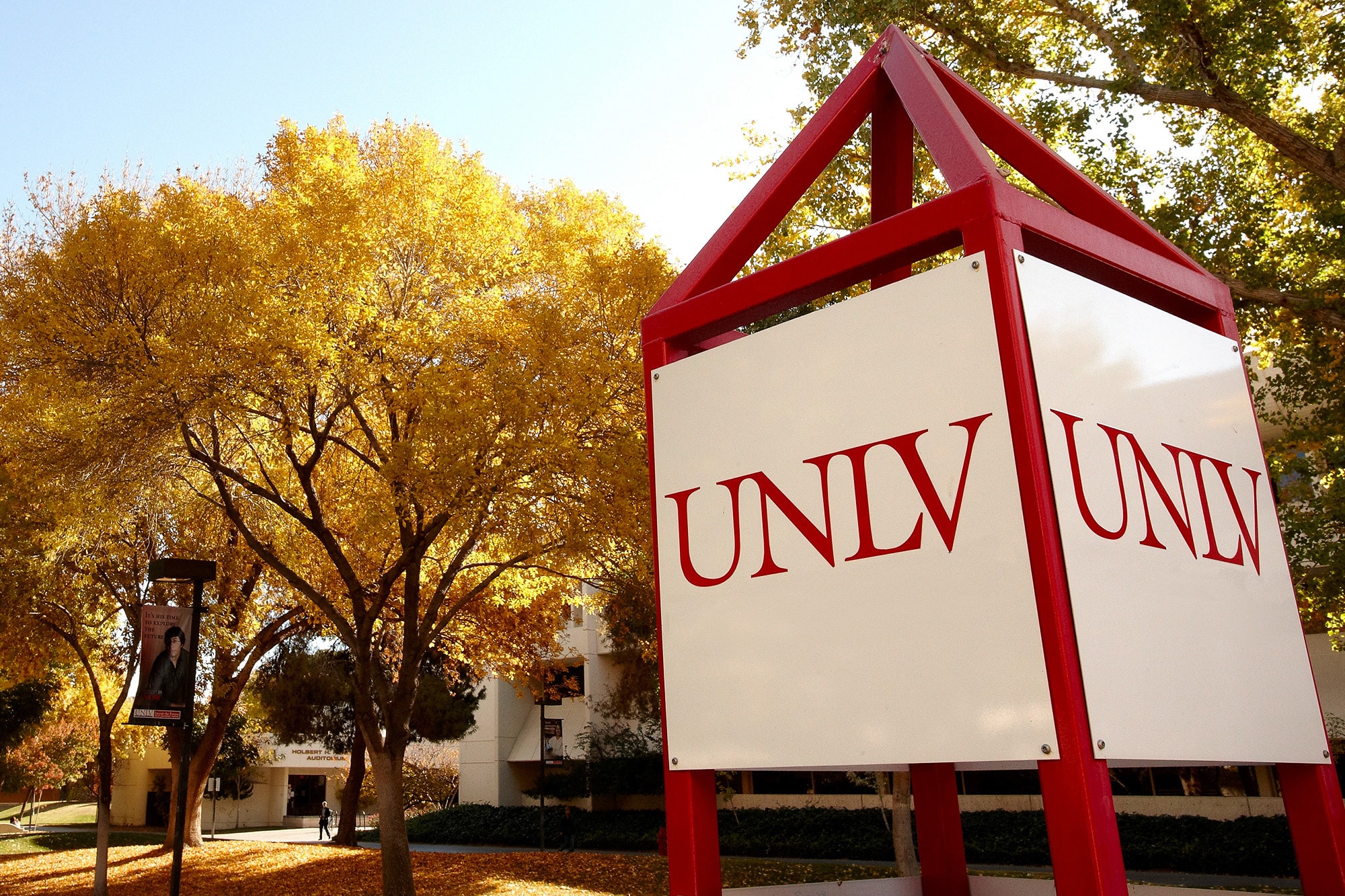UNLV launched a doctoral degree program in psychology this fall in response to requests from the public.
"We know there is significant demand from the Southern Nevada community for this program," said Charles Rasmussen, chair of UNLV's psychology department. "It got to the point that barely a day went by that I didn't get a call either from someone wanting to work toward a doctoral degree in psychology or from an employer seeking a qualified employee with a doctoral degree in psychology. In both cases, callers often would ask when we would be starting a program."
Las Vegas was the only metropolitan area its size or larger in the United States that did not have a doctoral psychology program within a 100-mile radius, he said.
The program, which began in August, offers two separate tracks:-- one in clinical psychology and one in applied experimental psychology.
"The public probably is more familiar with clinical psychology," Rasmussen said. "Clinical psychologists are those who counsel patients. They work in a variety of settings including hospitals, schools, public mental health agencies, and private practice."
The clinical track is a five-year program that will involve students working with patients at UNLV's Client Services Center and at various mental health agencies in the community, at the same time they are completing their course work. Currently at the center, counseling students provide counseling services to the public under the supervision of faculty members who are licensed counselors. The psychology Ph.D. students will join in that endeavor, Rasmussen said.
A student will spend the last year of the program working full time in an internship position. While some students may do their internship work locally, placement across the nation is possible, he said.
Unlike clinical psychologists, who work with patients, applied experimental psychologists typically work for business, industry, or government agencies in helping them develop or improve products or services, Rasmussen said. Applied experimental psychologists have spent years, for example, helping aircraft manufacturers determine the best way for aircraft control panels to be arranged? he said.
Applied experimental psychologists often receive training in areas such as research design, statistics, industrial engineering, human perception, human development, and physiology of the nervous system. They may be employed in areas involving health psychology, psychology and the law, aging, child development, and industrial-organizational psychology.
Students enrolled in the four-year applied experimental psychology track will have an opportunity to work in internship positions in which they can apply their research skills.
Currently, a total of 10 students are enrolled in the doctoral program. Students will be added each year, until the program reaches approximately 50 to 70 students.
The psychology department is a unit of UNLV's College of Liberal Arts.
For additional information, call the department at 895-3305.



